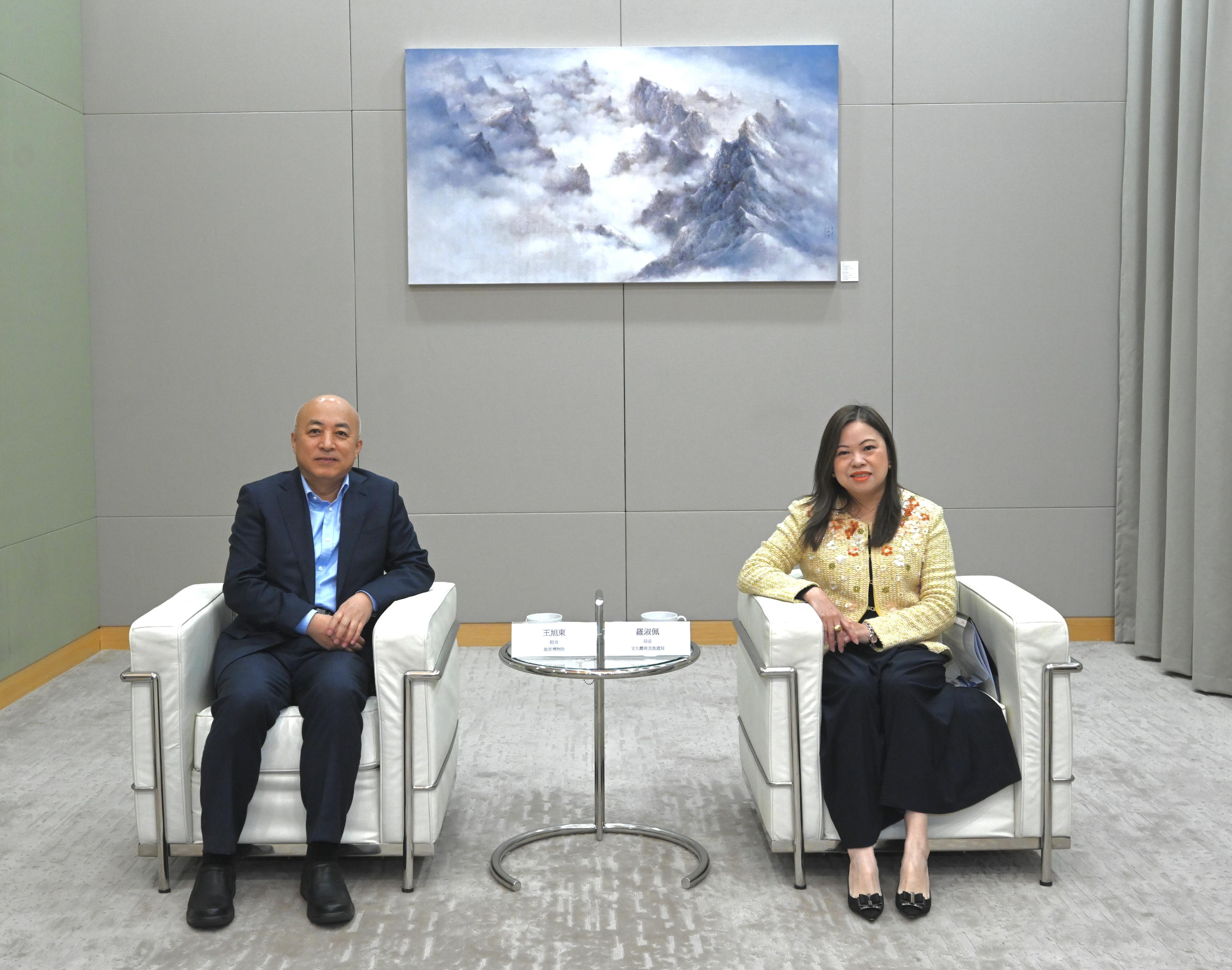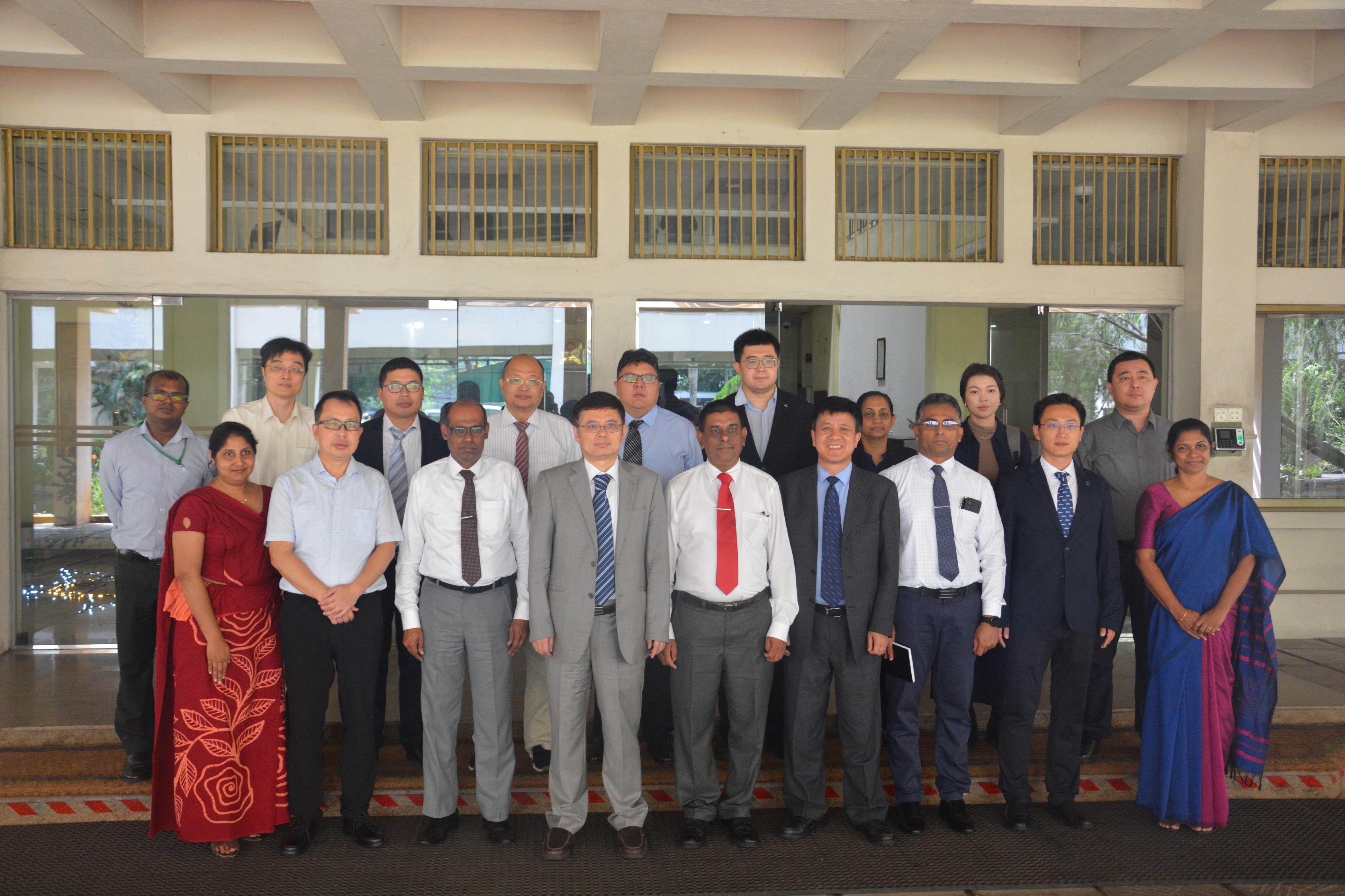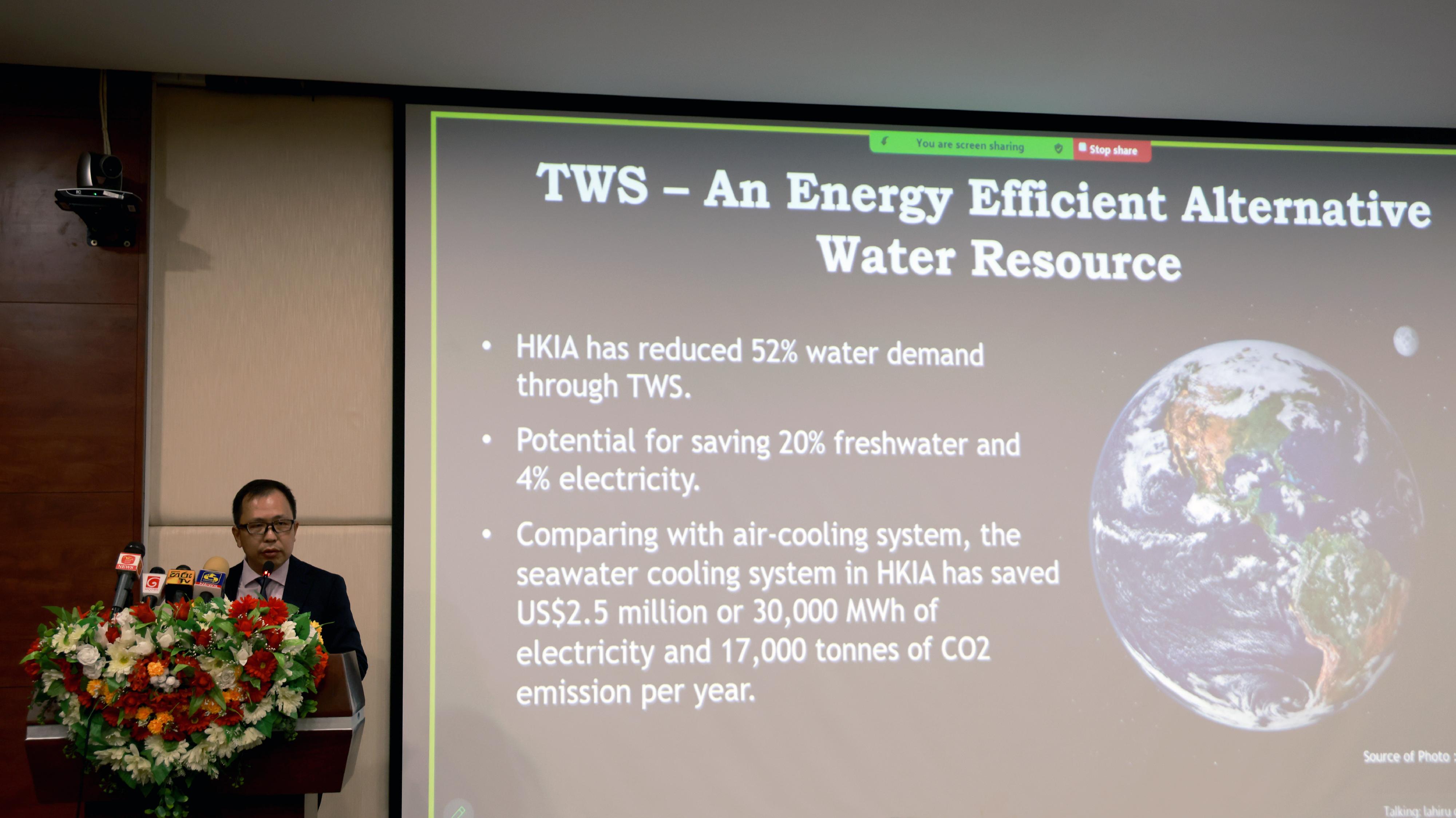According to the results of the 2024 Annual Survey of Companies in Hong Kong with Parent Companies Located outside Hong Kong and the 2024 Startup Survey released by the Government today (December 17), the number of companies in Hong Kong with overseas or Mainland parent companies rose to 9 960 in 2024, while the number of start-ups in Hong Kong increased to 4 694, both reaching record highs. The results demonstrate that Hong Kong is becoming increasingly attractive to businesses and remains an ideal place for Mainland and overseas enterprises to set up or expand their operations.
The Secretary for Commerce and Economic Development, Mr Algernon Yau, said, "With our unique advantages under 'one country, two systems', Hong Kong is the best two-way platform for overseas enterprises to tap into the Mainland market and for Mainland enterprises to go global, and therefore is their prime destination for investment. While factors such as global economic uncertainties, a shift in market behaviour after the epidemic and geopolitics have hindered enterprises' global expansion plans, Hong Kong's business-friendly environment has maintained its unique advantages and attractiveness, offering enterprises vast opportunities.
"Apart from the above two local surveys that fully demonstrate the confidence shown by overseas and Mainland enterprises in Hong Kong's future development, Hong Kong was also recently ranked among the best in the reports by various international institutes. We were again ranked by the Fraser Institute as the world's freest economy, and remained the fourth globally in terms of inward foreign direct investment recipient in the World Investment Report 2024. Coupled with the various policy initiatives covered by the Chief Executive in his 2024 Policy Address, as well as recent policy breakthroughs, including the liberalisation measures under the amended Agreement on Trade in Services under the framework of the Mainland and Hong Kong Closer Economic Partnership Arrangement, the automatic extension of land leases for 50 years to beyond 2047, and visa and travel facilitation measures, Hong Kong's appeal as a global hub for business and investment is further enhanced.
"On another note, the number of start-ups in Hong Kong continues to grow at an impressive rate, reflecting that the Government's proactive implementation of various support measures in recent years have been effective in nurturing an ideal start-up ecosystem for local start-ups to thrive," Mr Yau added.
The number of Hong Kong companies with overseas or Mainland parent companies has significantly increased along with the city's continuous recovery in the post-epidemic era. According to the 2024 Annual Survey of Companies in Hong Kong with Parent Companies Located outside Hong Kong, jointly conducted by Invest Hong Kong (InvestHK) and the Census and Statistics Department, there were 9 960 companies in Hong Kong with parent companies located outside Hong Kong in 2024, representing an increase of 10 per cent which amounted to over 920 companies when compared with that of last year. The number of people employed reached 493 000, recording an increase of 5 per cent year on year.
Analysed by the location of the parent company, in 2024, the Mainland was ranked first (2 620), followed by Japan (1 430), the United States (1 390), the United Kingdom (720) and Singapore (520).
Mr Yau pointed out that, "Companies from the Mainland continued to top the list, proving once again that Hong Kong is Mainland enterprises' preferred platform to go global. As for the continued growth in the number of companies from overseas, it indicates that businesses remain pragmatic about business expansion and are sensibly choosing Hong Kong as their base to expand in Asia despite geopolitical headwinds. As the only city in the world where the global advantages and the China advantages come together in a single economy, Hong Kong will continue to proactively play the bridging roles as a 'super connector' and a 'super value-adder', attracting overseas enterprises to invest in the Mainland while assisting Mainland enterprises to tap into overseas markets, thereby creating stronger impetus for growth in Hong Kong's trade and economic development."
Analysed by major line of business in Hong Kong in 2024, among those 9 960 companies, the import/export trade, wholesale and retail sector topped the list (4 730), followed by the financing and banking sector (2 020) and the professional, business and education services sector (1 530).
In addition, according to the results of InvestHK's 2024 Startup Survey, start-ups in Hong Kong continued to flourish with a record high number of 4 694, up by 10 per cent from last year, fully illustrating the attractiveness of Hong Kong to start-up founders. These start-ups engaged 17 651 persons, representing an increase of 7 per cent compared to last year's figure.
These start-ups spanned across different sectors, such as financial technology; information, computer and technology; electronic commerce; education and learning; and data analytics, etc. Notably, the number of start-ups in the health and medical sector as well as the sustainable technology/green technology sector recorded significant year-on-year increases of 54 per cent and 82 per cent respectively.
The results of the two surveys have been uploaded to the websites of the Census and Statistics Department (www.censtatd.gov.hk/en/EIndexbySubject.html?pcode=B1110004&scode=360) and InvestHK (www.startmeup.hk/about-us/hong-kongs-startup-ecosystem/) respectively.


